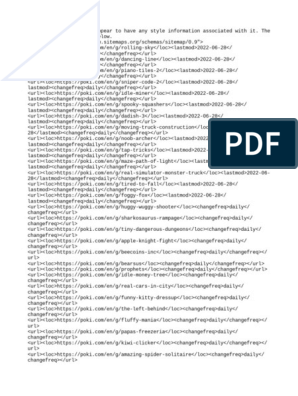Cancers, Free Full-Text
Por um escritor misterioso
Last updated 20 fevereiro 2025
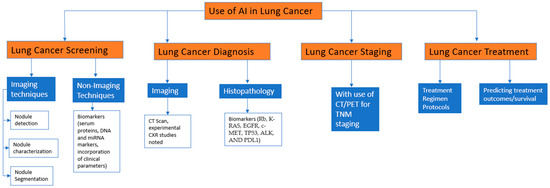
Lung cancer remains one of the leading causes of cancer-related deaths worldwide, emphasizing the need for improved diagnostic and treatment approaches. In recent years, the emergence of artificial intelligence (AI) has sparked considerable interest in its potential role in lung cancer. This review aims to provide an overview of the current state of AI applications in lung cancer screening, diagnosis, and treatment. AI algorithms like machine learning, deep learning, and radiomics have shown remarkable capabilities in the detection and characterization of lung nodules, thereby aiding in accurate lung cancer screening and diagnosis. These systems can analyze various imaging modalities, such as low-dose CT scans, PET-CT imaging, and even chest radiographs, accurately identifying suspicious nodules and facilitating timely intervention. AI models have exhibited promise in utilizing biomarkers and tumor markers as supplementary screening tools, effectively enhancing the specificity and accuracy of early detection. These models can accurately distinguish between benign and malignant lung nodules, assisting radiologists in making more accurate and informed diagnostic decisions. Additionally, AI algorithms hold the potential to integrate multiple imaging modalities and clinical data, providing a more comprehensive diagnostic assessment. By utilizing high-quality data, including patient demographics, clinical history, and genetic profiles, AI models can predict treatment responses and guide the selection of optimal therapies. Notably, these models have shown considerable success in predicting the likelihood of response and recurrence following targeted therapies and optimizing radiation therapy for lung cancer patients. Implementing these AI tools in clinical practice can aid in the early diagnosis and timely management of lung cancer and potentially improve outcomes, including the mortality and morbidity of the patients.

Emerging Utility of Urinary Cell-free Nucleic Acid Biomarkers for Prostate, Bladder, and Renal Cancers - European Urology Focus

Comprehensive Cancer Information - NCI
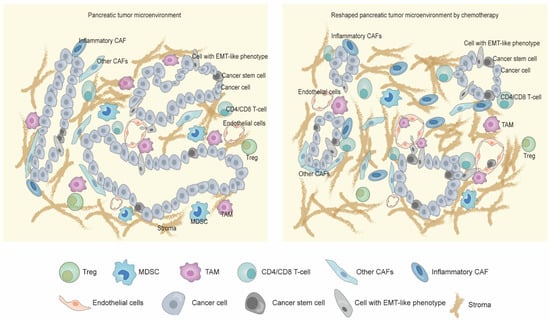
O Amar Mota Bou Get File - Colaboratory

Genetically engineered immune cells fight cancer for a decade
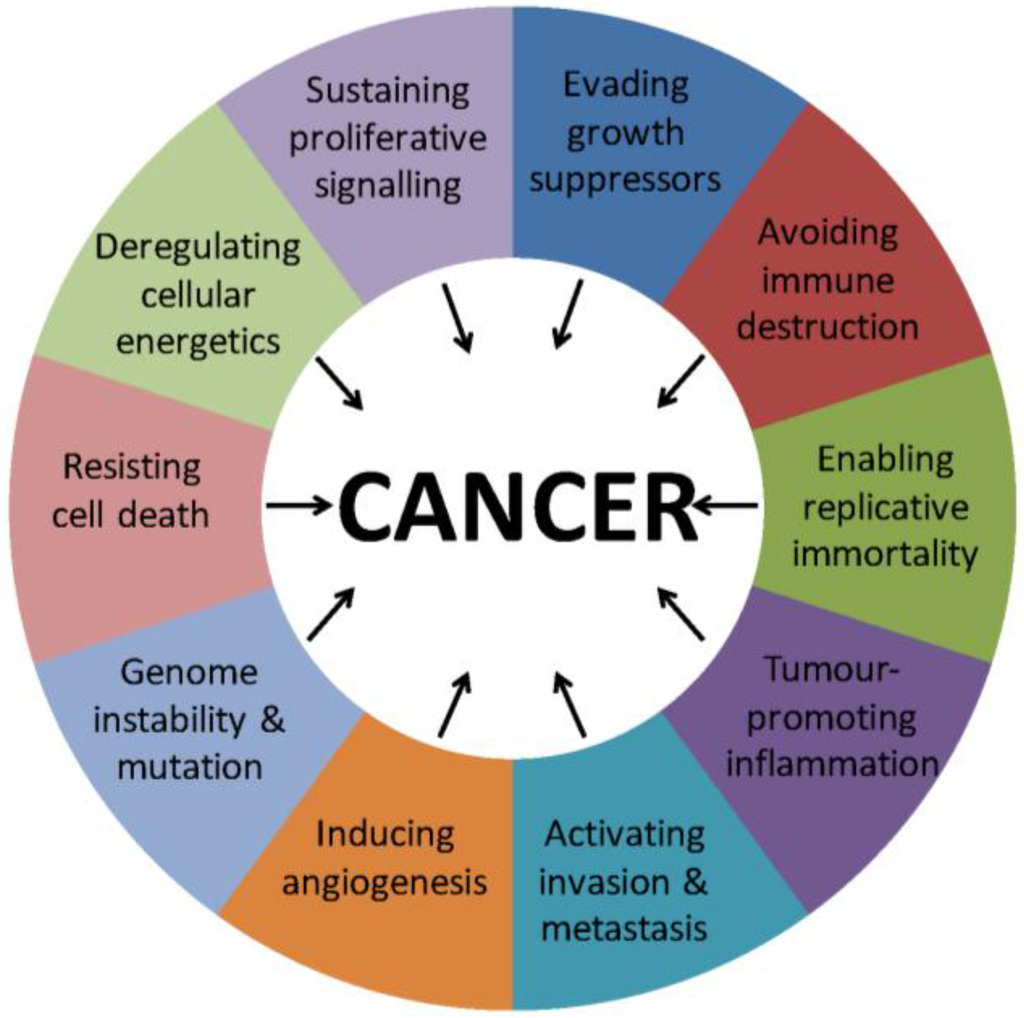
Cancers, Free Full-Text
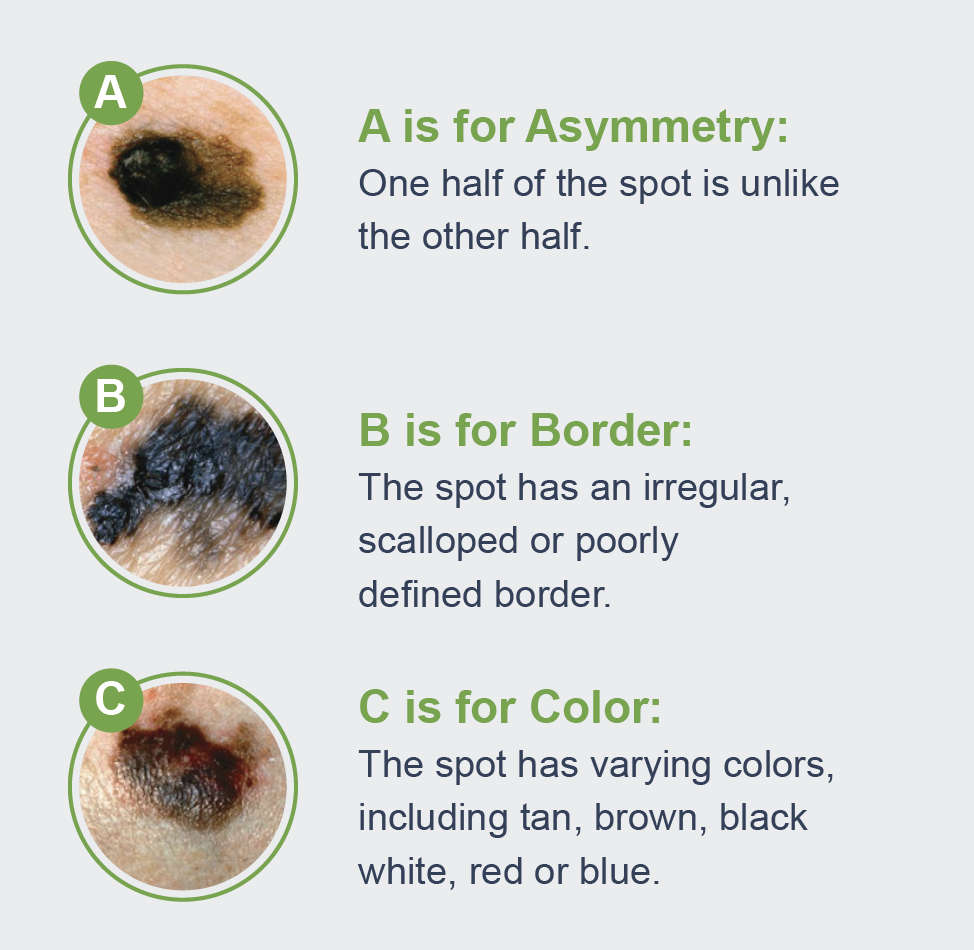
What to Expect During a Full-Body Skin Exam
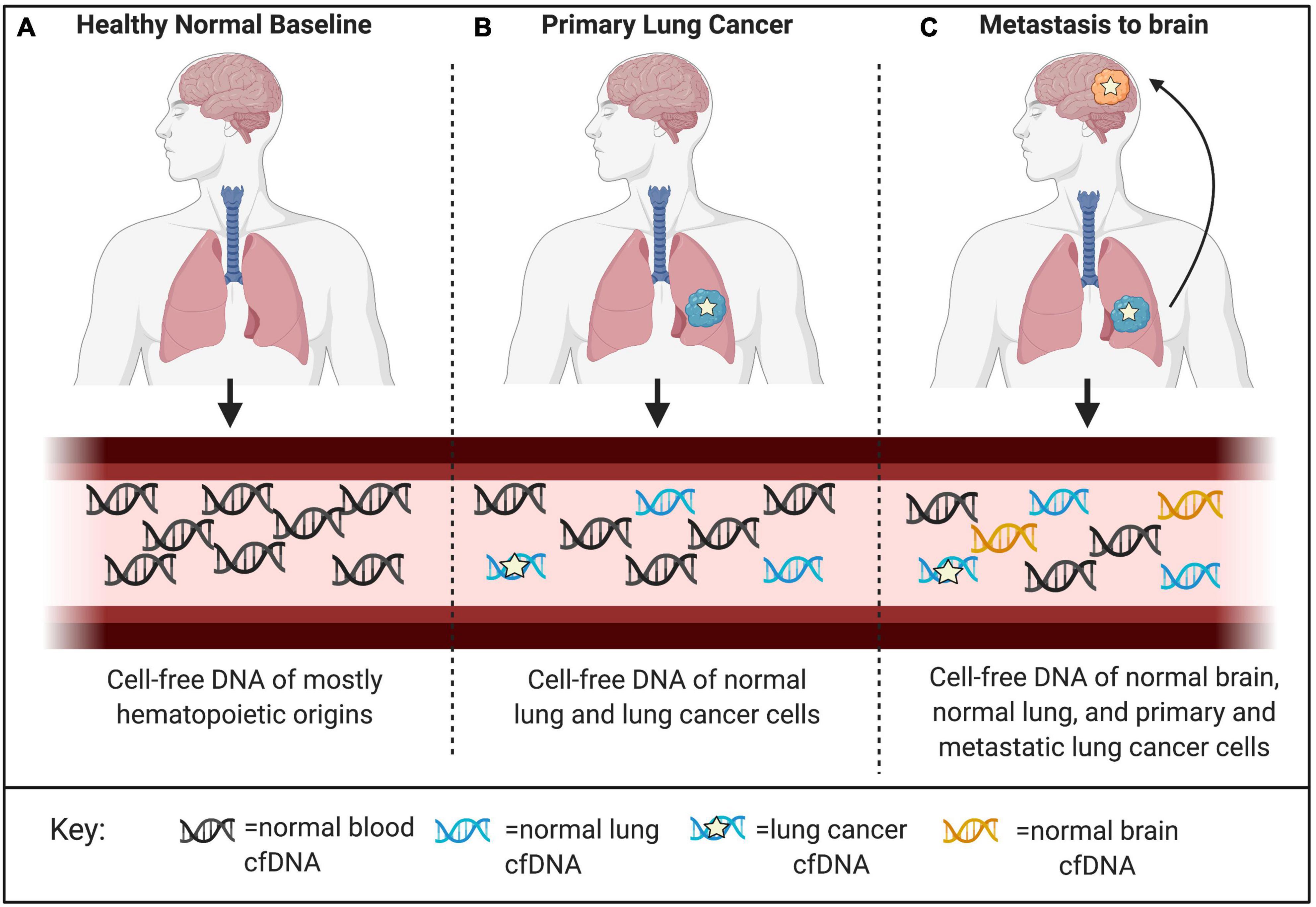
Frontiers Detection of Cell Types Contributing to Cancer From Circulating, Cell-Free Methylated DNA

Stand Up To Cancer - Cancer Research Charity
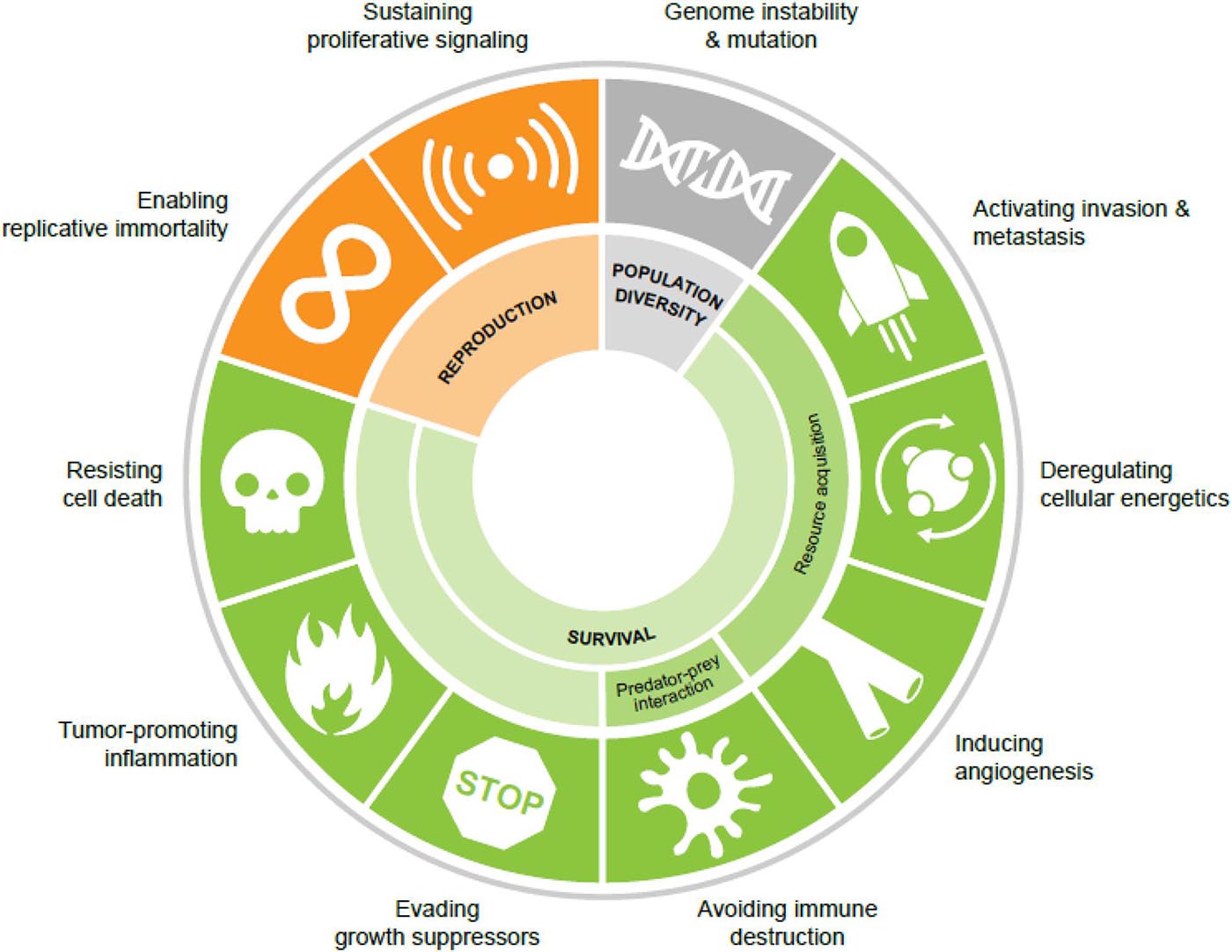
Frontiers The Hallmarks of Cancer as Ecologically Driven Phenotypes
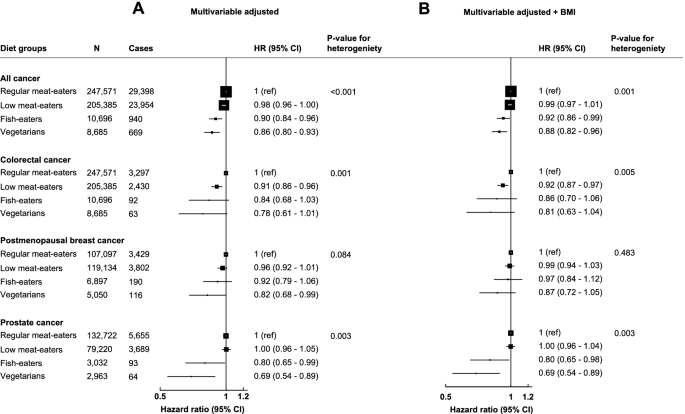
Risk of cancer in regular and low meat-eaters, fish-eaters, and vegetarians: a prospective analysis of UK Biobank participants, BMC Medicine
Recomendado para você
-
Poki Games, PDF, Computer File Formats20 fevereiro 2025
-
 Papa's Burgeria 🕹️ Play on CrazyGames20 fevereiro 2025
Papa's Burgeria 🕹️ Play on CrazyGames20 fevereiro 2025 -
 PAPA'S PANCAKERIA - Play Online for Free!20 fevereiro 2025
PAPA'S PANCAKERIA - Play Online for Free!20 fevereiro 2025 -
I GOT THIS IDEA FROM THE AMAZING @Breaking the Page 's Papa's Freezeri20 fevereiro 2025
-
Best Restaurants Near Me in San Gabriel - Order Food Near Me20 fevereiro 2025
-
 BURGER BOUNTY 🍔 - Play this Free Online Game Now!20 fevereiro 2025
BURGER BOUNTY 🍔 - Play this Free Online Game Now!20 fevereiro 2025 -
 Papa's Burgeria - Play Papa's Burgeria Game online at Poki 220 fevereiro 2025
Papa's Burgeria - Play Papa's Burgeria Game online at Poki 220 fevereiro 2025 -
 papa' s burgeria20 fevereiro 2025
papa' s burgeria20 fevereiro 2025 -
 Papa's Pizzeria Fails Edition #220 fevereiro 2025
Papa's Pizzeria Fails Edition #220 fevereiro 2025 -
 Acai bowl Delivery in Longueuil, Discover Acai bowl Restaurants with Takeout20 fevereiro 2025
Acai bowl Delivery in Longueuil, Discover Acai bowl Restaurants with Takeout20 fevereiro 2025
você pode gostar
-
 VSHOP Shockproof Crystal Clear for OnePlus Nord CE 2 Lite 5G Back Cover Case20 fevereiro 2025
VSHOP Shockproof Crystal Clear for OnePlus Nord CE 2 Lite 5G Back Cover Case20 fevereiro 2025 -
 32x32 pixel art Astronaut - Playground20 fevereiro 2025
32x32 pixel art Astronaut - Playground20 fevereiro 2025 -
 Top Ten Favourite Sun and Moon Characters20 fevereiro 2025
Top Ten Favourite Sun and Moon Characters20 fevereiro 2025 -
 Speaker of the House Roger Hanshaw20 fevereiro 2025
Speaker of the House Roger Hanshaw20 fevereiro 2025 -
 Tela Para Pintura Infantil Colorir Pintar Canvas Foguete com Tinta20 fevereiro 2025
Tela Para Pintura Infantil Colorir Pintar Canvas Foguete com Tinta20 fevereiro 2025 -
 Lexia Von Arselia, Cheat Musou Wiki20 fevereiro 2025
Lexia Von Arselia, Cheat Musou Wiki20 fevereiro 2025 -
 Pokemon TCG - SM12a - 016/173 (RR) - Reshiram & Charizard GX20 fevereiro 2025
Pokemon TCG - SM12a - 016/173 (RR) - Reshiram & Charizard GX20 fevereiro 2025 -
 Looks Like Pokémon Brilliant Diamond And Shining Pearl Are The Exact Same ROM20 fevereiro 2025
Looks Like Pokémon Brilliant Diamond And Shining Pearl Are The Exact Same ROM20 fevereiro 2025 -
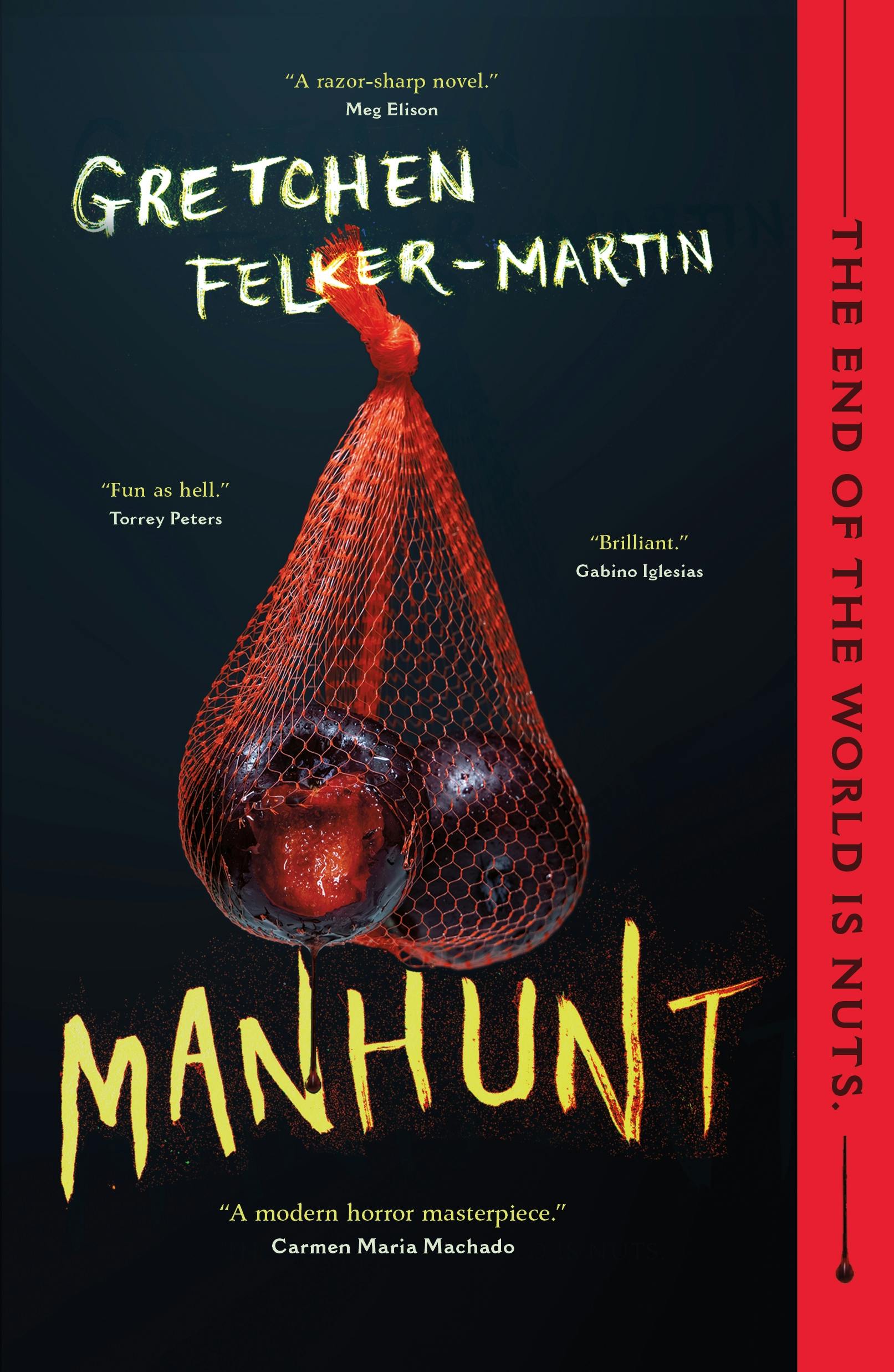 Manhunt20 fevereiro 2025
Manhunt20 fevereiro 2025 -
 Jojo meme Jojo bizzare adventure, Jojo anime, Jojo memes20 fevereiro 2025
Jojo meme Jojo bizzare adventure, Jojo anime, Jojo memes20 fevereiro 2025
